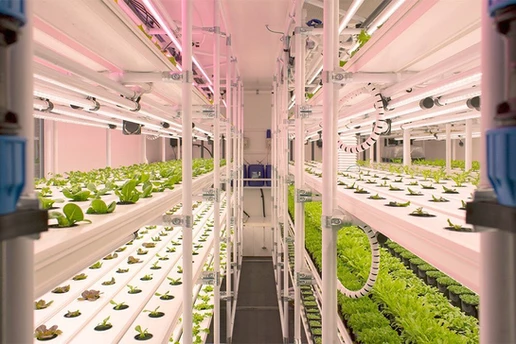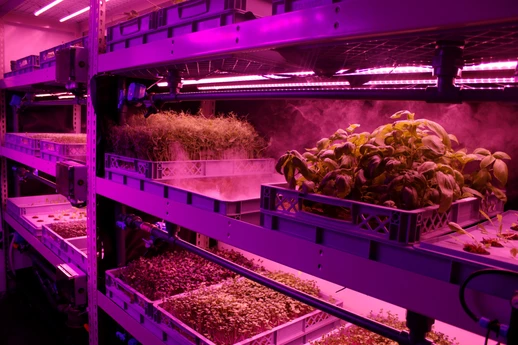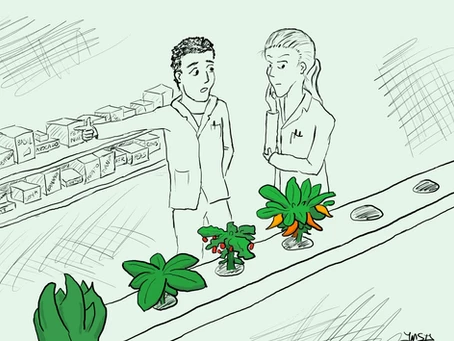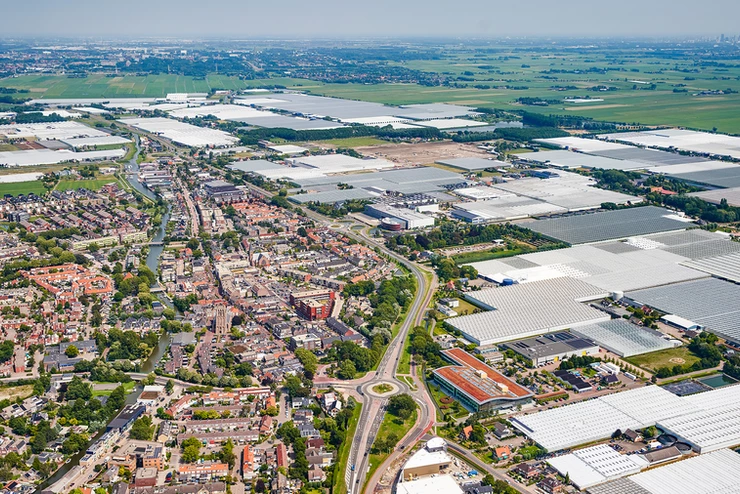As a consequence of the role I hold, and I suppose of the experience I now have in this industry, there are certain questions that I am asked fairly regularly. That might be in interviews or webinars, but also frequently by people looking to get into the industry.

Perhaps the most common of those goes something like this: “What do you see as the big challenges for this sector, now and in the next few years”. There are variations on the theme of course, but one way or another it’s one I am asked a lot. Of course, there are good reasons why that should be. It’s a good question, in short!
So here’s my brief summary of those challenges. I believe they fall into 5 broad categories:
- Capital Expenditure (Capex)
- Operational Expenditure (Opex)
- Standardisation & Interoperability
- Education
- Policy
Naturally, these categories tend to overlap and interact in a whole bunch of ways, but I think it’s worth considering each separately.
Capex
It costs a lot of money to set up an urban agritech project. The more the tech, the more expensive it will be. This is a substantial challenge for any new business, and has a big impact on what they can grow, and what business models are available to them. Furthermore, it is a major barrier to diversity in the sector. The simple fact is that capital is more available to some people than others. So there is a real and pressing need to find ways to bring down that cost where possible, and equally, to find ways to overcome whatever barrier remains after that.

Opex
It also costs quite a lot to run an urban agritech project. The largest operating expenses for an agritech project will generally be labour and energy. Labour costs can be lowered by automation, but of course this just kicks the cost over into capex (to at least some extent). Energy is an absolutely critical consideration, with ever greater impact the more the business moves towards the higher-tech end of the spectrum. Reducing this cost is going to be a matter partly of efficiency gain, and partly of getting the energy itself cheaper. It’s also worth noting that, as the industry generally wants to be sustainable, so must the energy source also be sustainable. Getting cheap energy from coal is not a viable substitution!
Standardisation & Interoperability
Put simply, every urban agritech project is still a more or less bespoke operation. Although things are definitely improving in this respect, there is still a long way to go. What we want is to reach a stage where plug-and-play systems can be bought off the shelf. Getting to that stage requires a huge amount of work, but every tech industry has to go through this. Think, for example, of Android for phones, where you can just go and get an app to do almost any given thing you can think of. That kind of platform is what our industry is ultimately going to need. Getting that will lower capex and opex costs, enable access to more forms of finance and so enable more diverse business models. It will also make it dramatically easier for businesses in this sector to scale up and to invest in innovation. Best of all though, it will just make life a whole lot easier!
Education
Education, education, education – so spoke a former UK prime minister on his priorities. It’s just as true for this industry! Whether it’s training our future industry workforce or educating the public – be they kids in schools or adults in supermarkets – the importance of education simply cannot be overstated. The sooner the general public is educated on what urban agritech is and what it can do for them, the sooner it will become a commonly accepted way of farming and producing food.

Policy
In urban agritech we are, almost always, in the business of producing food. The agri in the name is testament to the fact that we are part of agricultural systems (more specifically horticulture). Agriculture is pretty much always supported by policy. Yet in our industry we have had relatively little interaction with, or support from policy-makers and policy instruments. To some extent that was a natural part of being a new industry. It has also had the advantage of forcing us to be a very efficient industry, because we’ve had to bootstrap it all the way. But now that we are maturing as an industry, that will inevitably change. The benefits our industry can offer are increasingly well described and proven, and so it’s time to put them to policy makers and start asking for their support to deliver on our full potential.
There are of course so many areas of important work to be done. However, I believe these listed above are the priorities and that most of the work to be done will, one way and another, fall under at least one of these categories. UKUAT is working with our members and external partners on all of these, and we look forward to sharing the results of them in future!




